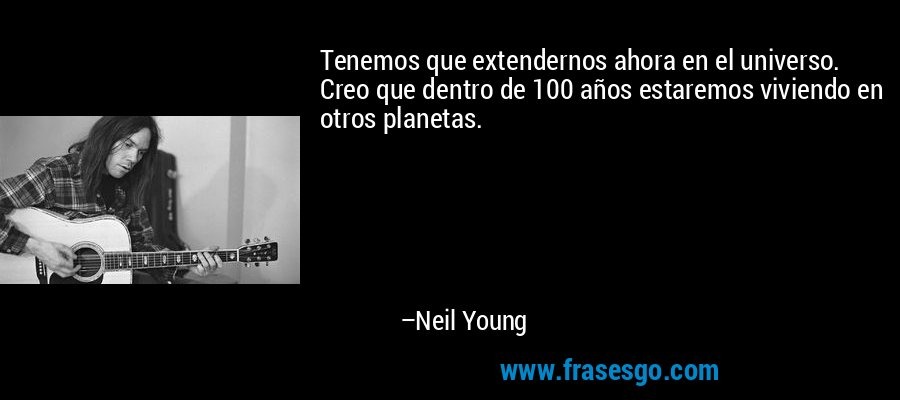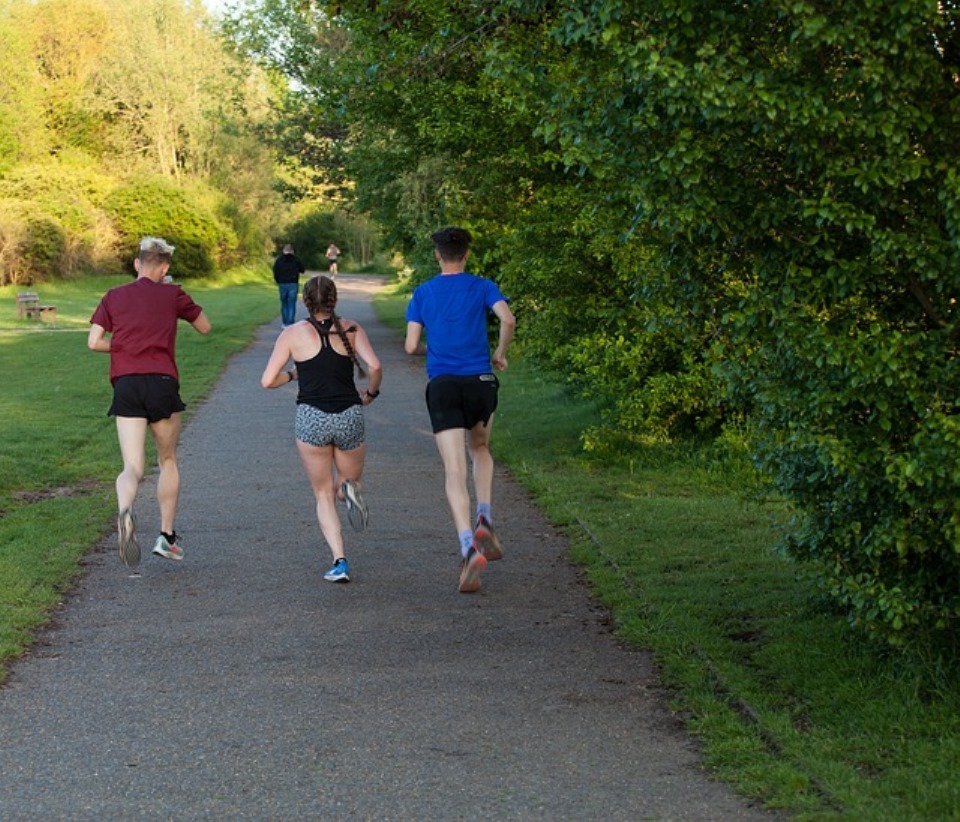
What will you be doing next Thursday at 11:30am? I have class at 11 a.m., so I will be learning Spanish with P2T – ¿Qué estarás haciendo el próximo jueves a las 11:30 de la mañana? Tengo clase de 11 a 12, así que (yo) estaré aprendiendo español con P2T
“Future Continuous” is used to talk about an action at a particular moment in the future. The action will start before that moment but it will not have finished at that moment. That is, the action is in progress at a specific or certain time in future – Usamos el “Futuro Continuo” para hablar sobre una acción en un determinado momento del futuro. Esta acción habrá empezado antes del momento indicado, pero todavía no habrá terminado en ese momento. La acción estará sucediendo en ese momento.

A VIDEO WILL COME SOON: If the videos are too quick for you, use the playback speed and captions buttons for slow motion and subtitles. It is advisable that you listen to Spanish people talking. If you are a complete beginner, join our Spanish Lessons and contact Susana for more information +34 661 74 36 45.
1. Conjugación – Conjugation, how do we form it?
We use the verb to be (estar) in future plus the gerund. For verbs ending in -AR add (-ando) at the end and for verbs ending in -ER, -IR add (-iendo). – Se forma con el verbo estar en futuro más el gerundio. Si el verbo acaba en –AR añadimos -ando y si acaba en -ER o -IR añadimos -iendo.

2. Usos – when do we use it?
2.1. For temporary actions that will be in progress at a certain time in future – Acciones que están sucediendo en el momento del future que indiquemos:
Mañana a las 10 de la mañana estaré jugando al tenis con Pedro.
I will be playing tennis with Pedro at 10 a.m. tomorrow
2.2. For things that are already planned – Acciones que ya han sido planeadas con antelación
¡Qué suerte tienes! A esta hora mañana, estarás nadando en el Caribe.
Lucky you! At this time tomorrow, you will be swimming in the Caribbean.
2.3. First conditional – Condicional uno: Si+Presente / Cuando + Presente Subjuntivo, Futuro continuo
Si llegas temprano, estaré esperándote / te estaré esperando (Si+Presente, Futuro)
Si you arrive early, I will be waiting for you.
Cuando llegues, estaré esperándote / te estaré esperando. (Cuando+Presente de Subjuntivo, futuro)
When you arrive, I will be waiting for you.
3. DIFERENCIAS CON EL INGLÉS – DIFFERENCES WITH ENGLISH
3.1. For things that are part of a regular routine – Nuestra rutina en el futuro:
Voy a ir al centro más tarde. ¿Quieres que te lleve?
I will be driving into town later on. Can I give you a lift?
3.2. For polite enquiries about people’s plans/decisions – Para preguntar por los planes futures de alquien:
¿Vas a salir esta noche?
Will you be going out this evening?
4. Marcadores temporales y expresiones de peligro – time and warning expressions
- *A esta hora el domingo, estaremos viendo la tele. At this time on Sunday / next week…
- Cuando yo vuelva a casa, ¿estarás durmiendo?. When I come home..
- A las 5 mañana, estaré volando de vuelta a casa. At 5 o’clock tomorrow / this evening…
- Dentro de un mes, estaré viviendo en NY. In 1 month time…
- En 5 años, estarás dirigiendo tu propia empresa. In 5 years/days…
- El próximo fin de semana, estarás viendo a Sting en concierto. Next weekend…
*4 Translate these sentences and leave your answers in the REPLY BOX
5. Ejercicios – Exercises
At the end of the page there is a LEAVE A REPLY section to send us your answers to this exercise. Ask and answer questions similar to the examples underneath for each one of the photos. Use the expressions in number 4. Note: there is a list of verbs at the end of the esercise that you may use. – Al final de la página hay un apartado para enviarnos tus respuestas a este ejercicio “LEAVE A REPLY”. Pregunta y responde a preguntas similares a los ejemplos para cada una de las fotografías. Nota: hay un listado de verbos al final del ejercicio que pudes utilizar.
- ¿Qué estará haciendo (él/ella) mañana a las 2 del medio día? Él/ella estará … , así que …no puede/ no va a poder/ no podrá… quedar para….
- ¿Qué estarán haciendo (ellos/ellas) el próximo fin de semana? Ellos/ellas estarán …. , así que no podrán venir de excursión con nosotros.
- What will he/she be doing tomorrow at 2pm? He/she will be …. at 2pm, so he/she would not be able to meet you to….
- What will they be doing next weekend? They will be … on Saturday morning, so they wouldn’t come with us…
EACH NUMBER IS LINKED TO ONE OF THE PHOTOS, PLEASE, DO NOT CHANGE THE ORDER. Cada número está asociado con una foto, por favor, no cambies el orden. USE A TIME EXPRESSION. Usa siempre un marcador temporal:
- A esta hora el próximo domingo, ellos …..
- Después de la caminata, él …
- El domingo que viene, ellos ……..
- Llama a Juan después de las 5, él ……….
- Mañana a las 2, ella estará comiendo en casa de su abuela.
- Después de …, ella …. mientras piensa en su novio.
- Dentro de dos fines de semana, ellos ….
- …., ella ….
- …., ellos ….
- …, ella ….
- …, ella ….
- …, ellos ….
The following verbs can help you complete the sentences: TO… play chess / smoke / eat / walk / run / climb / listen to music / sleep / ride a bicycle-cycle / cook / drive / read – Los siguientes verbos te pueden ayudar a completar las frases: jugar al ajedrez / fumar / comer / pasear / correr / escalar / escuchar música / dormir / montar en bici-hacer ciclismo / cocinar-preparar la cena / conducir / leer
And remember!! Practice makes perfect
Come to practise with Spanish native speakers in our >> Off The Cuff Talks! << be brave and ask them ¿Qué estás haciendo?
Did you find it useful? Then, please… FEEL FREE TO SHARE IT!
Do you have any doubts or even a contribution? Please fill out the form at the bottom, and we will get back to you asap⏬
Join our Spanish lessons in Torre de la Horadada, San Javier, Mar Menor Golf Resort and Sucina (Casas Blancas)
This is just a small example of what you can learn. Get the support of the best Spanish Tutor in the area, Susana Romero, and enjoy learning Conversational Spanish.












